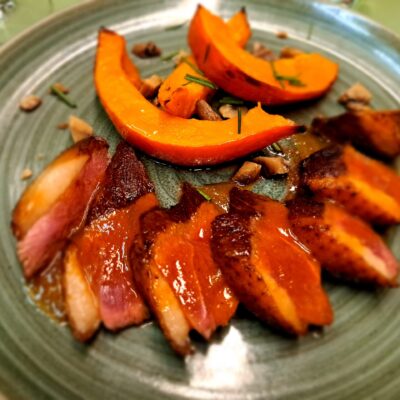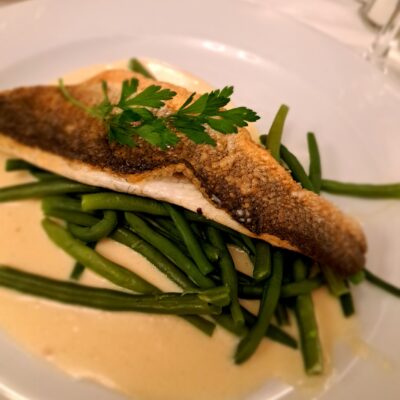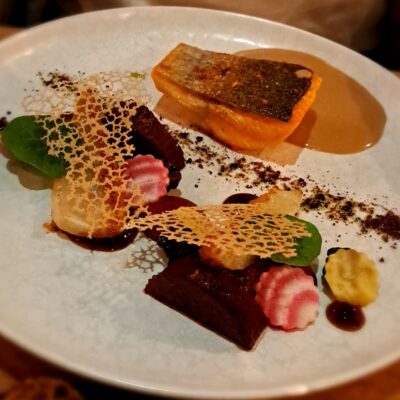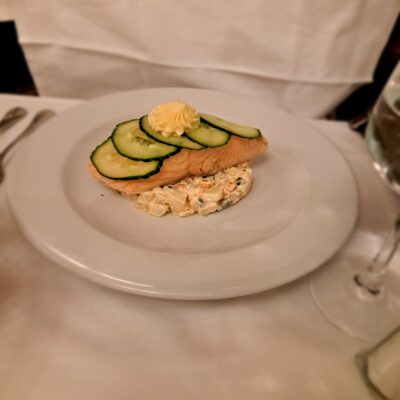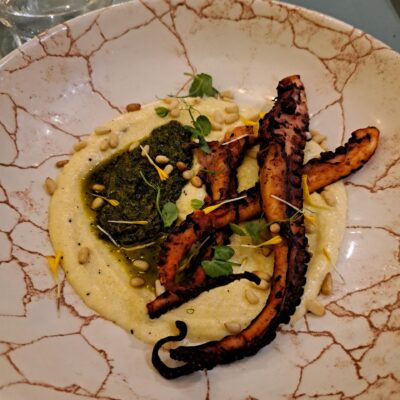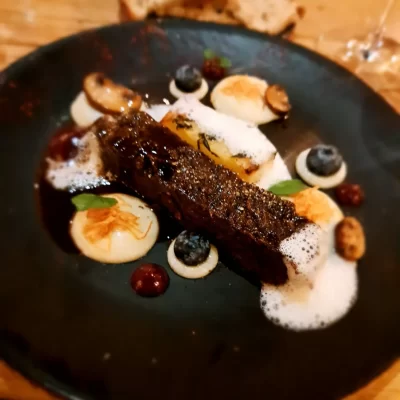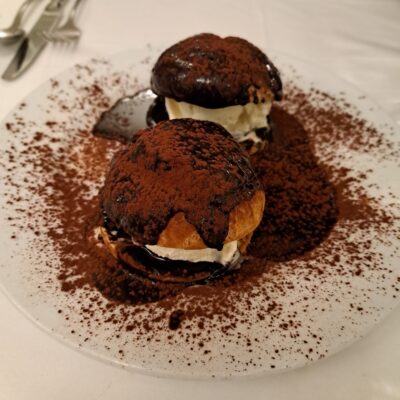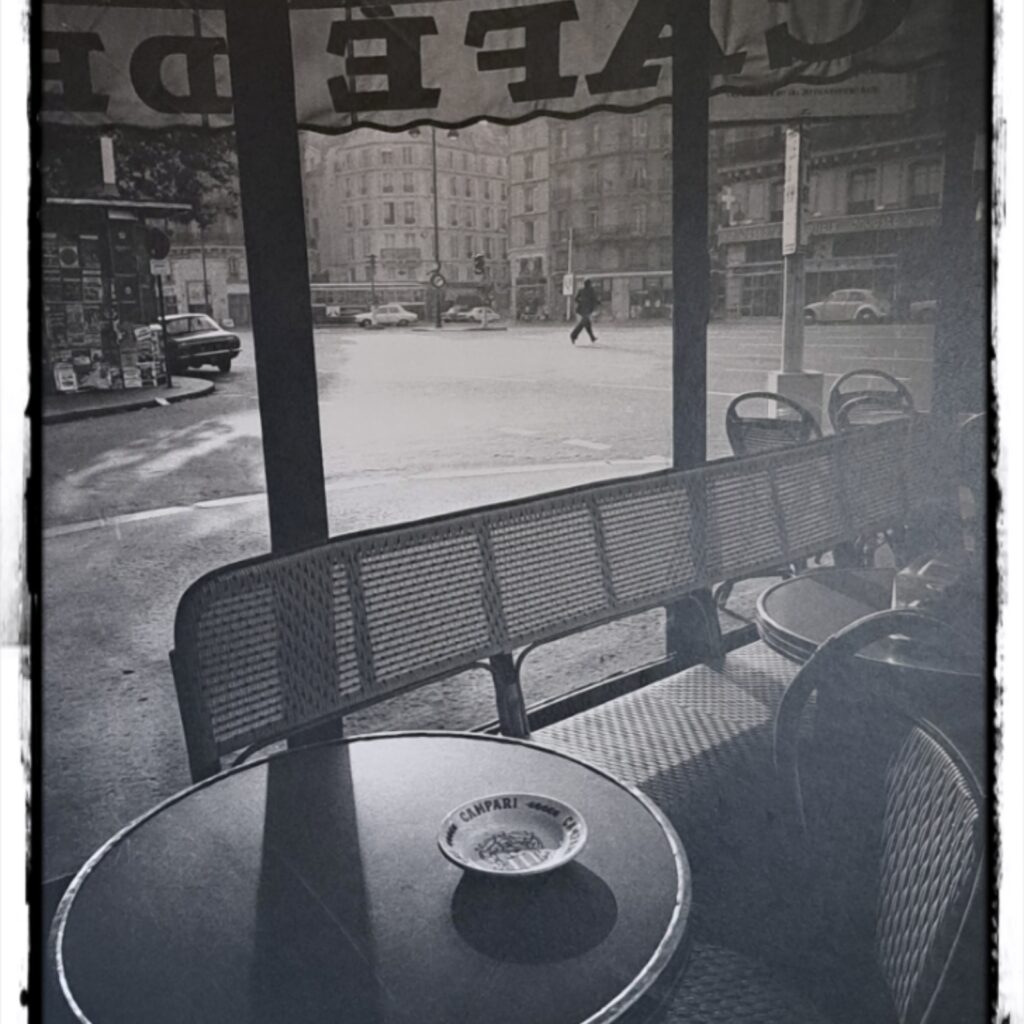This month, I’m introducing something new to our recipe topics—Oral Health: The Key to Better Nutrition. As I complete the final stages of my Senior Nutrition Specialist certification, I’ve been reflecting on how oral health plays a vital role in overall nutrition. It’s something we often take for granted, but in reality, healthy teeth and gums are essential for enjoying food, proper digestion, and long-term wellness.
When we think about nutrition, we focus on what we eat, but how we eat is just as important. From an early age, developing good oral health habits lays the foundation for a healthy, happy life. As we age, strong teeth and gums allow us to fully enjoy meals, absorb nutrients effectively, and maintain social connections over shared food experiences.
Here are 10 ways to support both oral health and nutrition:
- Brush and floss daily to prevent decay and gum disease.
- Drink plenty of water to rinse away food particles and keep saliva production high.
- Eat crunchy fruits and vegetables like apples, carrots, and celery to naturally clean teeth.
- Choose calcium-rich foods like dairy, almonds, and leafy greens to strengthen teeth.
- Reduce added sugars to prevent cavities and inflammation.
- Incorporate vitamin C-rich foods like citrus and bell peppers to support gum health.
- Limit acidic foods and drinks that can erode enamel over time.
- Snack on cheese or yogurt, which help balance pH levels in the mouth.
- Avoid smoking and excessive alcohol, which can harm oral tissues.
- Visit your dentist regularly to catch potential issues early.
Maintaining good oral health is an investment in your overall well-being. The ability to eat, speak, and smile comfortably makes a world of difference, and as we age, these small habits allow us to keep enjoying life’s most delicious moments. So, let’s nourish our bodies and our smiles—because great health begins with a great bite!



